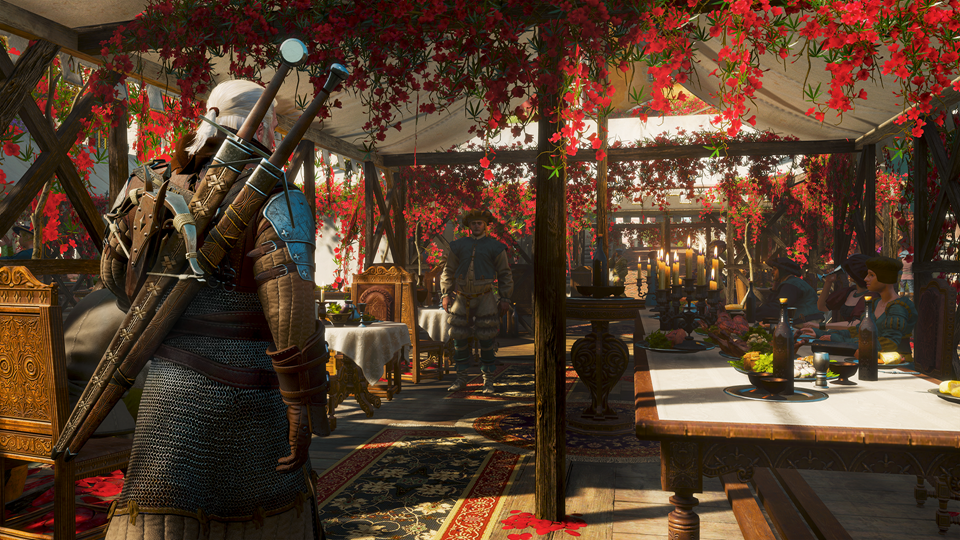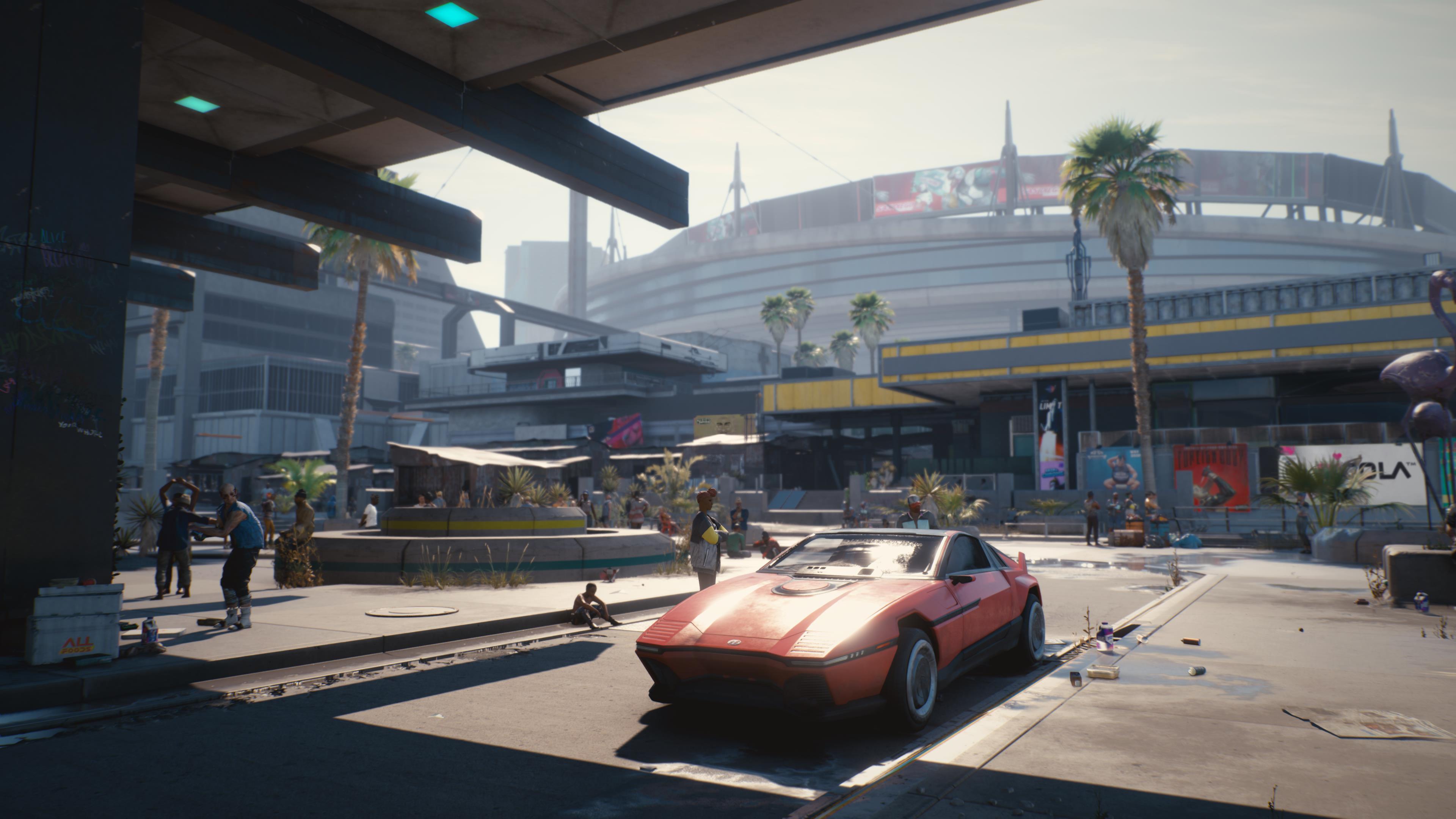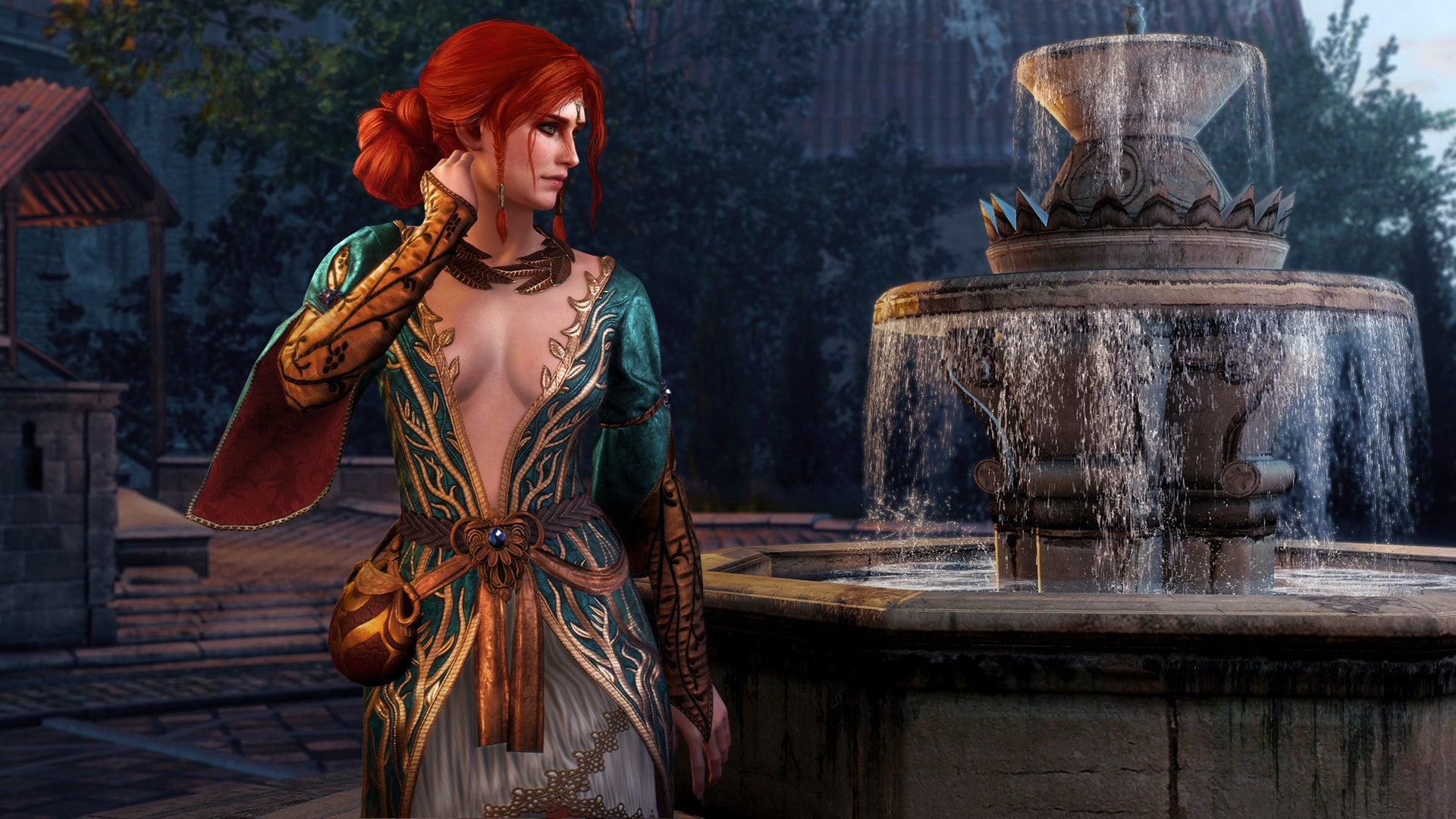This next Witcher – let’s just call it The Witcher 4, for the sake of ease and to appease the Google Gods – will be developed using Unreal Engine 5. That’s a shocker, in large part because CD Projekt has spent a great deal of time building REDengine, their own proprietary technology that has been built from the ground up with the sort of games it makes in mind. It’s powered most of the studio’s games. The original Witcher ran on the Aurora Engine, a BioWare creation that also powered Neverwinter Nights and became the foundation of the engine of Star Wars: Knights of the Old Republic. But by The Witcher 2, CD Projekt had moved on with great ambition. Since then, each successive game by the studio has run on a new iteration of REDengine. Honestly, I’m a bit of a fan of REDengine, as much as one can be a ‘fan’ of the tech that makes games happen. The Witcher 3 and Cyberpunk were both – when they were running correctly – tremendous-looking games with an enormous amount of unique graphical character. When things were going right it that engine, it looked best-in-class. As DigitalFoundry’s John Linneman noted on Twitter, on PC REDengine could often outshine Unreal; a wild achievement, given CD Projekt’s relative size compared to Epic. One of the most exciting things about the engine to me, as a huge RPG genre nerd, was that it was a bespoke engine built for role-playing games. This was the opposite of BioWare trying to retrofit RPG systems into Frostbite, an engine built for FPS titles – and that opened up possibilities. It’s easy to see how the work on REDengine in The Witcher 2 (then its console and definitive edition versions) formed a vital foundation that helped to make The Witcher 3 an all-time classic. The engine has also proved to be something of a modders’ paradise, which is also ultimately great for players. Obviously Unreal Engine can deliver great RPGs. That’s not the issue. UE4 was used in everything from Final Fantasy 7 Remake and Borderlands 3 to Torchlight 3, The Outer Worlds, and Octopath Traveler. The Witcher 4 is the second major RPG to be announced as being made with UE5, following on from Dragon Quest 12 – and it seems likely that BioWare will also return to the engine, with the rumor mill and job postings suggesting the next Mass Effect will ditch Frostbite for UE5. The technology is there in that engine to build a truly killer role-playing experience. And yet… I’m sad to potentially see an independent studio that’d proudly built its own technology that allowed it absolute freedom and control seemingly begin the process of abandoning that in favor of a tie-up with Epic. Maybe it’s about distancing from the technology and memory of Cyberpunk, and pleasing shareholders by licensing technology rather than spending oodles of cash building it. Maybe it’s about working in an internationally-known engine that makes hiring and on-boarding of more development staff quicker. There’s loads of reasons that make perfect sense. But it still makes me a little sad. REDengine has much to offer – and I don’t think it was to blame for many of Cyberpunk’s flaws. It might now find itself the scapegoat, but as the ever-increasing quality of Cyberpunk 2077 here and now in 2022 proves, the engine was never the problem: it was time. The game was rushed; as simple as that. And then there’s that question, too – that of Cyberpunk 2077 itself. It continues to be improved on, and CD Projekt has committed to at least one major DLC release. But as I see a studio begin to pivot to a different engine, I wonder if Cyberpunk might get left behind. I really hope that neither Cyberpunk or the REDengine end up left in the dust. I really want a new Witcher, of course. I’m not stupid. But I also really enjoyed a lot of what Cyberpunk was going for – warts and all – and I really hoped to see it grow, continue, and improve over time. Here’s hoping that’s the case.


